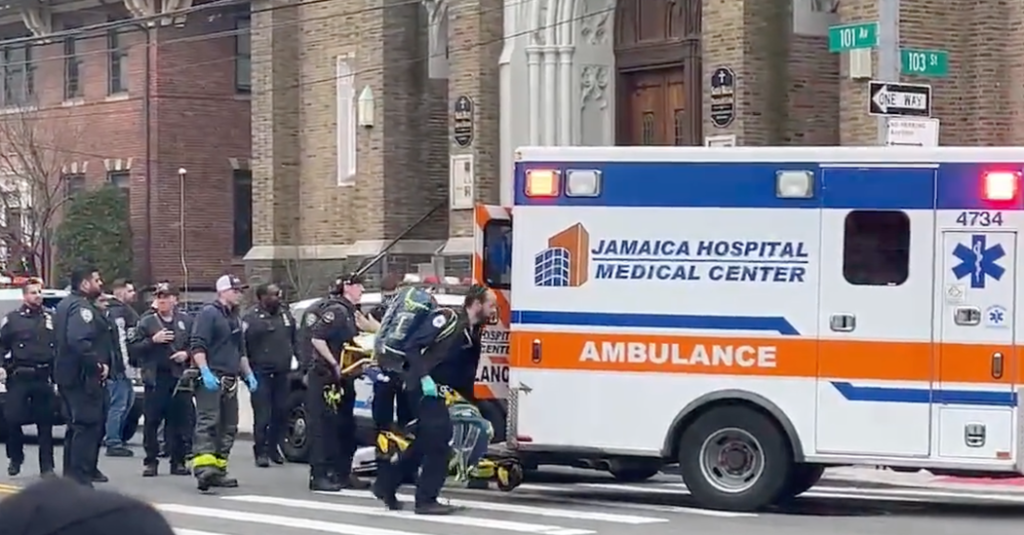A 19-year-old man called 911 seeking help while in mental distress, but he was fatally shot by the police in his Queens home after allegedly threatening officers with a pair of scissors. The man, Win Rozario, was declared dead shortly after the shooting in his family’s apartment. Police stated that the situation became chaotic and dangerous when officers tried to take Rozario into custody, and he pulled out scissors, ultimately resulting in the officers firing their guns. While the police claim that Rozario was advancing toward the officers with the scissors, his brother, who witnessed the shooting, contradicted this account. He stated that their mother was holding Rozario and trying to help him when he was shot, asserting that the officers did not need to use lethal force.
Mr. Rozario had immigrated to New York from Bangladesh with his family ten years ago, and he aspired to join the U.S. military. However, his plans were delayed due to issues obtaining green cards. Rozario’s family described him as a recent high school graduate who had been struggling with depression and had previously been hospitalized for mental health issues. The shooting occurred in the apartment of a family that had been good tenants on the property for about four years. Witnesses reported hearing loud arguing followed by gunshots during the incident.
In an effort to prevent 911 calls related to mental health crises from turning violent, New York City initiated a pilot program in spring 2021 where mental health professionals respond to such calls alongside emergency medical workers in select police precincts. This program aims to de-escalate situations involving mental health issues and has shown success, prompting its expansion to additional precincts. However, the precinct where Rozario was shot was not covered under this program. Officials have emphasized the need for increased investment in comprehensive mental health services to prevent similar tragedies from occurring in the future.
This incident marked the third fatal police shooting in New York in the past two months. Previous cases involved individuals who were armed or engaged in criminal activity, while Rozario was reportedly in mental distress and seeking help. The family of the deceased has called for transparency regarding the circumstances of the shooting, with conflicting narratives emerging between the police and witnesses. The use of lethal force in cases involving mental health crises has raised concerns, prompting calls for reforms and enhanced training for law enforcement officers to handle such situations more effectively.
The details surrounding the shooting of Win Rozario remain under investigation, as witnesses dispute the police account of events. Body-worn camera footage capturing the entire episode has not been released to the public. Concerns over the use of force in responding to mental health calls have been heightened, leading to calls for increased investments in mental health services and alternative crisis response strategies. The tragic outcome has sparked calls for greater accountability and transparency in police interactions with individuals experiencing mental health issues, emphasizing the need for systemic changes to prevent such incidents in the future. As the community mourns the loss of a young life, the push for meaningful reforms in mental health crisis response and law enforcement practices continues to be a priority for advocates and officials alike.


